In celebration of Black History Month, it’s important to recognize current Black nursing leaders. The nurses we’ve highlighted stand on the shoulders of giants who overcame many obstacles. Several of these obstacles still exist today. Many African American nurses helped pave the way for these nurses to reach the heights they have.
Some of the pioneering nurses include Mary Eliza Mahoney, Harriet Tubman, and Sojourner Truth. In the future, nurses will look back on the ones we’ve highlighted as the pioneers of this generation.
Representation matters. These leaders encourage the next generation of Black nurses to innovate and think ahead. Keep reading to find out more.
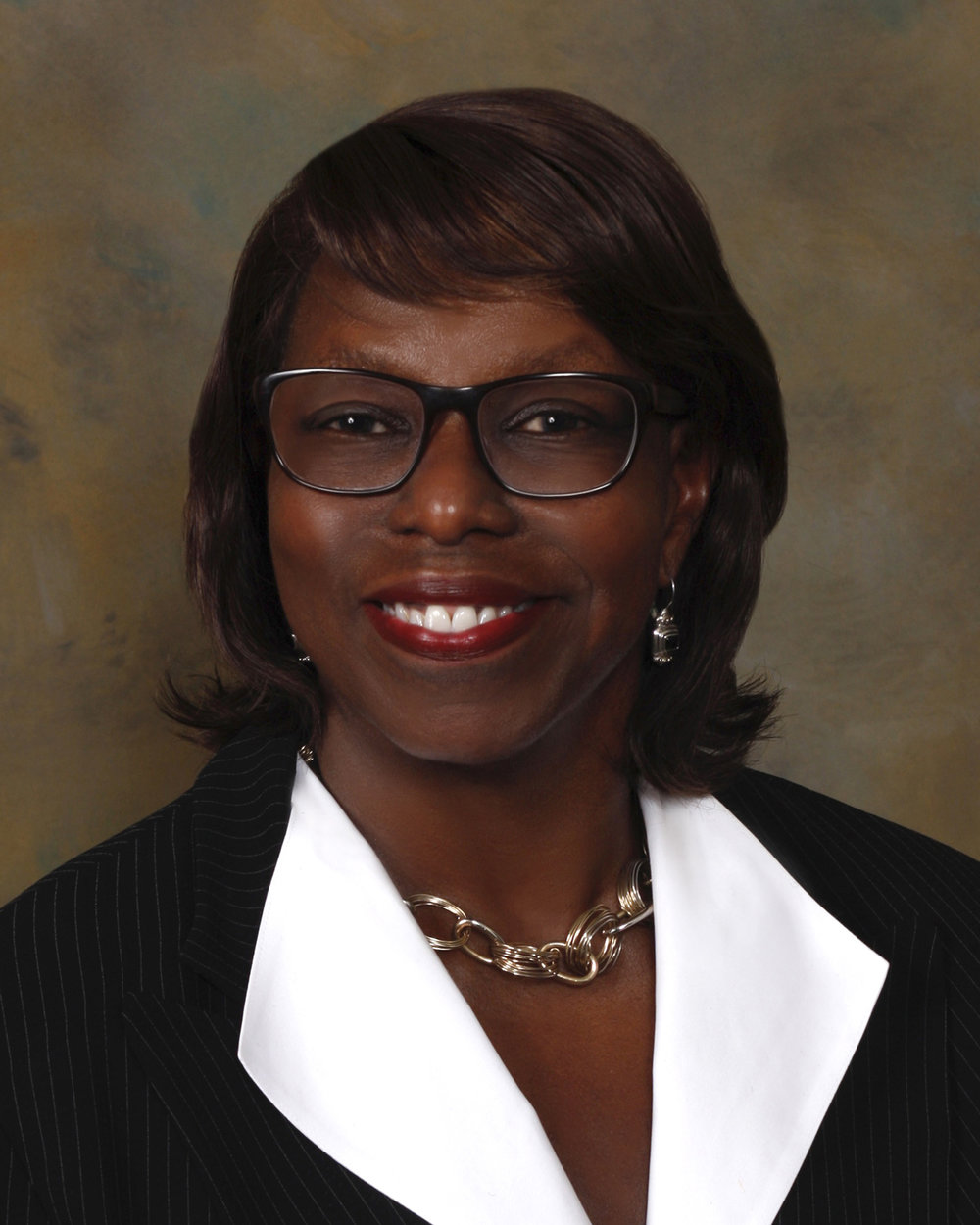
Sheila Antrum
Sheila Antrum currently serves as the senior vice president and chief operating officer of UCSF Health. She has worked with UCSF for over 20 years. Previously, she worked as a staff and intensive care nurse for some of the nation’s leading hospitals, including the University of Michigan, Johns Hopkins Hospital and Yale University.
Antrum received her Master of Health Services Administration at the University of Michigan School of Public Health in Ann Arbor, Michigan and her Bachelor of Science in Nursing from the Hampton University in Virginia.
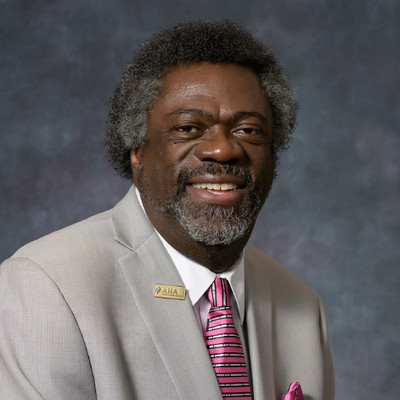
Ernest J. Grant
Dr. Ernest J. Grant has spent over 30 years in nursing. Grant has received international recognition for his work with burn care and fire safety. Dr. Grant currently serves as president of the American Nurses Association. The organization boasts more than 4 million registered nurses.
In 2002 President Bush awarded him the Nurse of the Year award for treating burn victims from the World Trade Center attacks on 9/11. In 2013, Dr. Grant received the B.T. Fowler Lifetime Achievement Award from the North Carolina Fire and Life Safety Education Council helps prevent fire and burn injuries within the state.
Additionally, Dr. Grant works as an adjunct faculty member at the UNC-Chapel Hill School of Nursing, where he teaches undergraduate and graduate students.
Dr. Grant earned a BSN degree from North Carolina Central University and MSN and Ph.D. degrees from the University of North Carolina at Greensboro. He was honored as a fellow into the American Academy of Nursing in 2014. Moreover, he is the first male president of the American Nurses Association.
Dr. Grant is also known for his great speaking ability. In fact, in response to the killing of George Floyd in 2020, Dr. Grant made a statement condemning racism and urging nurses that their voices matter and must be used to see reform.
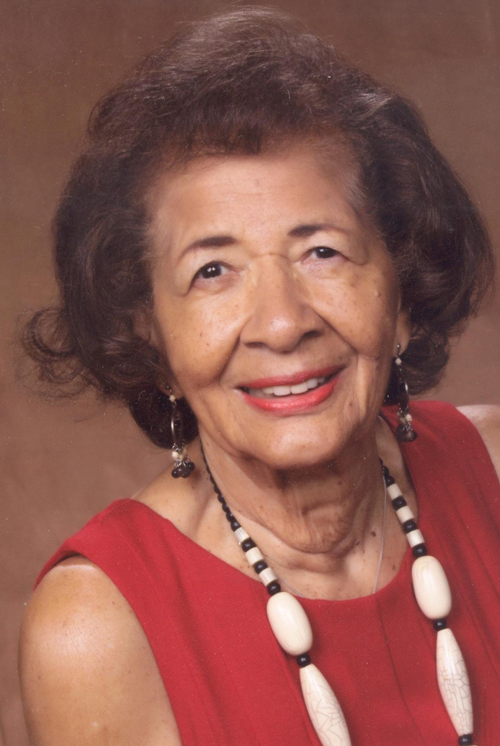
Betty Smith Williams
Dr. Betty Smith Williams has helped make the nursing profession what it is today. She co-founded the Council of Black Nurses Los Angeles and the National Black Nurses Association, Inc. Also, Dr. Williams continues to make a difference in the nursing profession to this day. She attended Howard University where she earned her bachelor’s degree. She then continued her education at Case Western Reserve University where she graduated with a doctorate in nursing in 1954, making her the first black nurse to graduate from CWRU.
Dr. Williams has held many roles in academia. She was a professor and former dean at the University of Colorado’s Health Sciences Center, as well as faculty and assistant dean positions at the UCLA School of Nursing. She continues to be an advocate for diversity, giving African American nurses a voice.
Dr. Williams was recognized by the American Academy of Nursing as a living legend (their highest honor) in 2010.
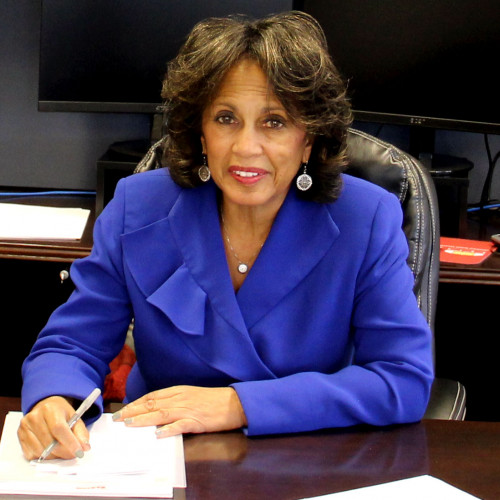
Beverly Malone
Dr. Beverly Malone leads with passion and advocates for diversity in nursing and nursing education. She has worked in many positions, from a surgical staff nurse to dean of the School of Nursing at North Carolina Agricultural and Technical State University. She serves as the president and CEO of the National League for Nursing.
Dr. Malone also served as the deputy assistant for health with the U.S. Department of Health and Human Services under President Bill Clinton. She continues to support congressional leaders in nurse advocacy. She seeks to decrease the nursing shortage within the United States.
Dr. Malone graduated with a bachelor’s degree from the University of Cincinnati before getting a doctorate in clinical psychology.
She has received numerous awards and honors, including the Gail L. Warden Leadership Excellence Award by the National Center for Healthcare Leadership. and being recognized among the Top 100 Most Influential People in Healthcare by Modern Healthcare. The American Academy of Nursing also recognized her as a “Living Legend” (it’s highest honor) in 2020.
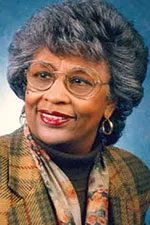
Bernadine Lacey
Dr. Bernardine Lacey attended Georgetown and pursued an RN-to-BSN program. Lacey was one of the first black students to be accepted into the school and the only black student in the nursing program. Dr. Lacey decided to continue her education and get an MA, which was received from Howard University, and her EdD from the Teachers College at Columbia University.
As she began to succeed in her career, Dr. Lacey began taking on leadership roles in academia. She was appointed the founding dean at Western Michigan University and chairperson at the Department of Nursing at Bowie State University in Maryland.
For all her hard, notable work, Lacey was recognized by the American Academy of Nursing (AANET) as a living legend in 2014. She died in 2021.
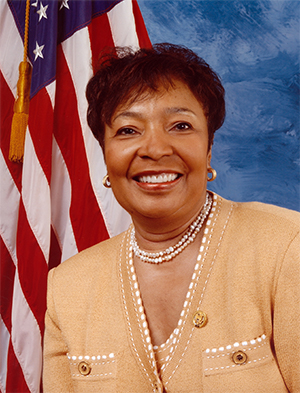
Eddie Bernice Johnson
Eddie Bernice Johnson was originally born and raised in Texas, but due to segregation laws, she couldn’t pursue higher education within her state. So, she went to South Bend, Indiana, to attend St. Mary’s College at the University of Notre Dame. Congresswoman Johnson worked as a nurse at the V.A. Hospital in Dallas, making her the first female African-American Chief Psychiatric Nurse at that location. She remained at the V.A Hospital for 16 years before making a career change to politics. In 1972, she became the first nurse to be elected to the Texas State House and repeated that in the Texas Senate in 1986.
Congresswoman Johnson found great success in politics, as she is the first African-American and woman to chair the House Science, Space, and Technology Committee, and is the most senior Texan on the House Transportation and Infrastructure Committee.

Gary Richberg
Gary. Richberg serves as the senior director of nursing for the Johns Hopkins Surgery Center Series. In his role, he oversees six ambulatory surgery centers within the Johns Hopkins Health System. He also serves on the board of the Ambulatory Surgery Center Association.
Previously, he served as the director of Ambulatory Surgery Centers at Kadlec Clinic in Richland, WA and worked as an administrator of the Pacific Rim Outpatient Surgery Center in Bellingham, WA. He has been recognized as a top African American leader in healthcare by Becker’s Hospital Review.
Richberg is a registered nurse who has an MBA in Healthcare Management, a master’s degree in nursing and is working toward his doctorate of nursing practice.
Final Word on Influential Black Nurses
Though these nurses faced challenges, they overcame them, and their work does not go unnoticed. Hopefully, these nurses inspire the future generation to reach further and dream more.
However, If you feel inspired by these stories of influential Black nurses and are trying to move up in the nursing world, we can help!
Sources:
“Celebrating Excellence: Past, Present and Future.” minoritynurse.com. Accessed Jan. 31, 2022.
“Bernardine M. Lacey, EdD, RN, FAAN.” mna.nursingnetwork.com. Accessed Jan. 31, 2022.
“Chairwoman Eddie Bernice Johnson.” science.house.gov. Accessed Jan. 31, 2022.
“Meet Eddie Bernice.” ebjohnson.house.gov. Accessed Jan. 31, 2022.
Get job matches in your area + answers to all your nursing career questions

